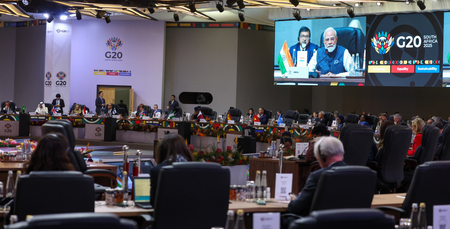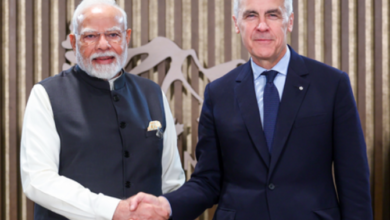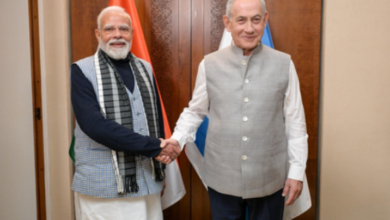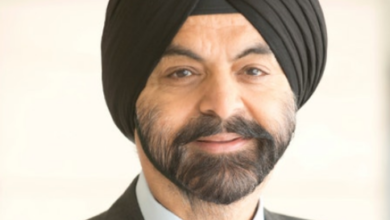PM Modi Calls for Global AI Compact at G20 Summit, Announces India to Host AI Impact Summit in 2026

Johannesburg— Prime Minister Narendra Modi on Sunday urged G20 leaders to work toward a global compact on artificial intelligence, calling for international cooperation to ensure the technology is used responsibly and equitably. Speaking during the third session of the G20 Summit in Johannesburg, Modi said the future of technology must be “human-centric, global, and open-source,” rather than driven primarily by finance or restricted national approaches.
In posts shared on X after his address, the Prime Minister said the session focused on creating a fair and just future, with particular attention to critical minerals, artificial intelligence, and other emerging sectors.
Modi highlighted India’s experience with broad-based technological adoption, citing digital payments, space initiatives, and AI-related programs as examples of inclusive innovation. He outlined India’s AI framework as resting on three pillars: equitable access, population-scale skilling, and responsible deployment.
“India’s AI Mission is working to ensure that the benefits of AI reach every part of India, including every district and language,” he said.
Modi stressed that global safeguards are necessary to prevent misuse of artificial intelligence, particularly in the areas of deepfakes, criminal activities, and terrorism. To address these challenges, he called for the creation of an international AI compact and stricter norms governing harmful applications of the technology.
The Prime Minister also announced that India will host the AI Impact Summit in February 2026. The event will be held under the theme Sarvajana Hitaya, Sarvajana Sukhaya — “welfare for all, happiness for all.”
Emphasizing the shifting nature of work in the AI era, Modi noted that countries must begin preparing talent for future capabilities rather than focusing solely on current job structures. He said India hopes the G20 will develop a global framework for talent mobility in the coming years to help foster innovation and support younger generations.
The remarks come as G20 nations continue to debate governance standards for artificial intelligence, with growing calls for coordinated international action on regulation, safety, and data security. (Source: IANS)





